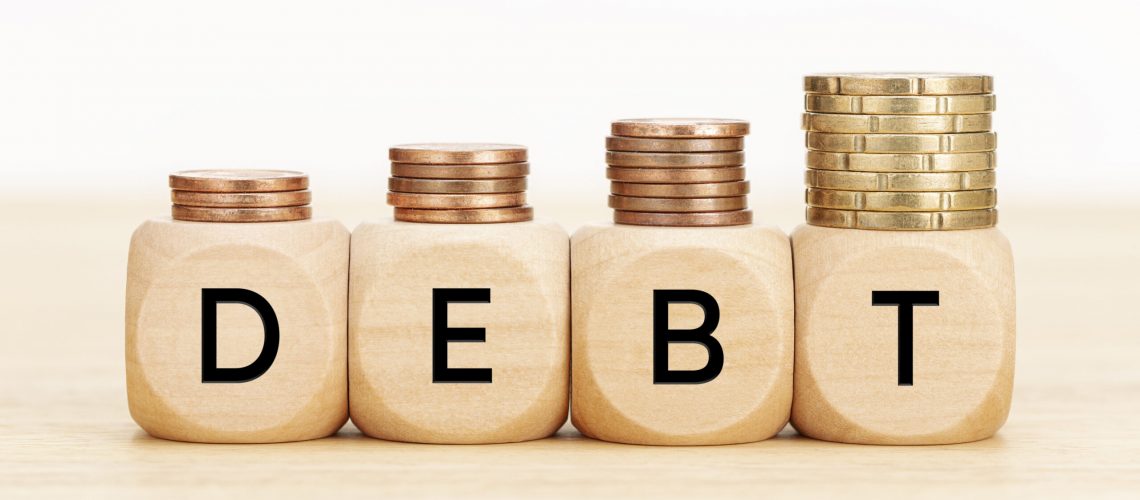Consider debt consolidation to be the monetary equivalent of getting your life in order. Debt consolidation is a popular financial approach for one fact among many: it helps decrease your interest rate and makes your monthly payments more manageable. So what is debt consolidation? And how can Canadians choose the best consolidation options for their financial situation? Read on!
What is Debt Consolidation?
Debt consolidation is a financial process as opposed to a single financial product. This method enables you to combine numerous invoices into a single monthly payment. The objective is to simplify repayment and decrease or eliminate interest costs on your loan.
In most situations, this is accomplished by obtaining fresh funds to pay off current obligations. A debt consolidation loan, for example, is an unsecured personal loan. You use the loan to pay off your credit cards and other high-interest obligations.
Debt Consolidation Options for Canadians
To begin, determine what you need to borrow – establish a list of all the debts you wish to settle in one go. Add up your financial responsibilities, paying specific attention to anything with a high-interest rate, such as credit card debt and past-due payments.
With that information in hand, you may start looking into personal or debt consolidation loans that might be a good fit for you. Here are a few ideas to get you started:
1. Home Equity Loan
This is sometimes referred to as a “second mortgage,” and it entails leveraging the equity in your house to get a loan, with your home serving as security. The home’s valuation decides the loan amount.
2. Debt Consolidation Loan
If you qualify, you can get one of these from a bank or a finance business so you can settle your outstanding debts and unsecured loans. Most people who have numerous credit cards with large outstanding balances turn to debt consolidation loans to manage their monthly payments and minimize interest.
3. Credit Card Balance Transfer
Credit cards sometimes offer low-interest rate balance transfers. While this might be incredibly appealing, it can also be a bit of a trap. If you do not pay off your balance before the end of the promotional period, you will be charged regular credit card interest rates of around 20%. You will have quadrupled your debt if you take seven years to pay it off.
4. Credit Line
Borrowing from your bank is required to obtain a line of credit. Credit lines might be secured by your house or unsecured if you have strong credit plus a high salary.
5. Low-Interest Rate Credit Cards
If a bank or credit union refuses to lend you money and you have a good credit rating, you may be able to consolidate your bills using a low-interest credit card. The drawback of doing so is that you must discipline yourself to pay a specified amount each month that is considerably more than the minimum payment to ensure that the debt is paid off in a reasonable length of time.
What’s Next?
Once you’ve gotten out of debt, make plans to stay that way. Maintain a balanced budget, save for unforeseen costs, and prepare for large and small life events ranging from vacations to retirement.
Take charge of your financial journey by engaging the services of a professional mortgage agent in Ottawa. At Ottawa Mortgage Services, we can handle your mortgage applications, as well as advise you on the best options for your unique needs. We also specialize in pre-approvals, refinancing, and so on. Contact us today so we can plan what lies ahead!





